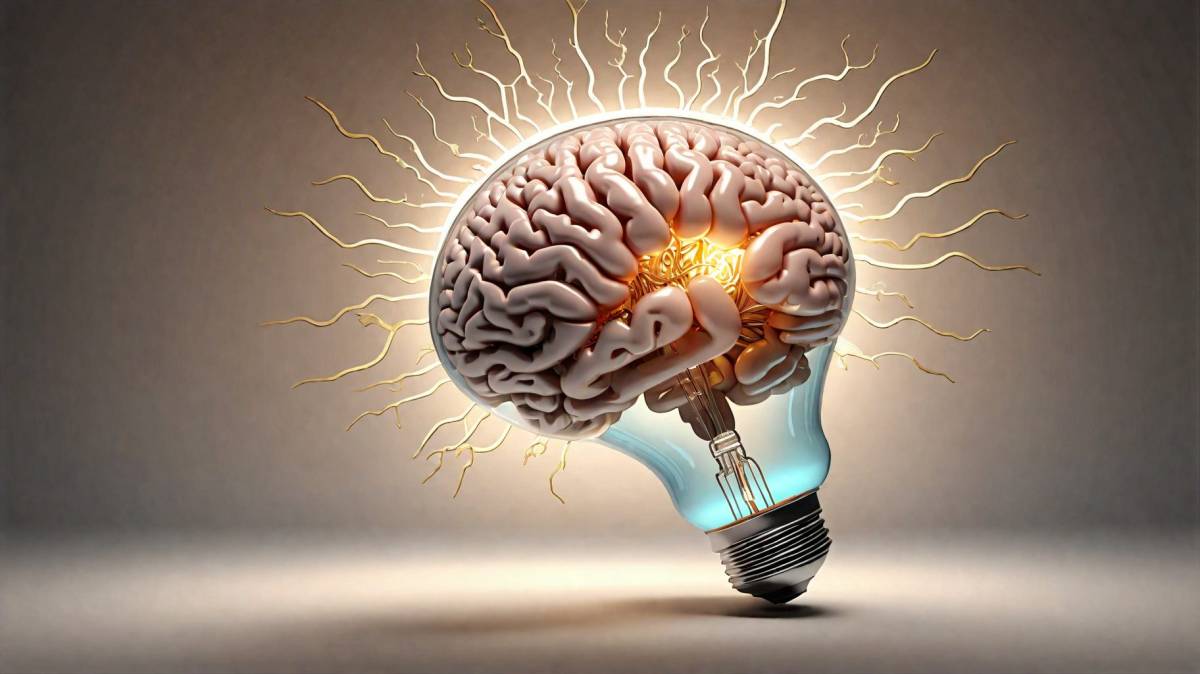It is not too difficult to find some one — perhaps even me — referring to consciousness as an incompetent middle manager. You can even find descriptions of consciousness as a pattern-matching machine that has (mistakenly?) pattern-matched itself and given itself a name.
There’s research that seems to indicate that we start to act before we’re consciously aware of it — and we instinctively know it, even if we don’t talk about it that way. For example, a prime athlete doesn’t think about every dribble of the ball or manually calculate the angle of their fingers as they spin on the gymnastic bars. It’s — muscle memory. Consciously overriding that muscle memory almost always causes screwups — so it seems like consciousness is really a big road block.
Then you have weird experiences like the one I had recently, or many others have had with drugs like Ambien that really make you wonder how much consciousness is actually running the show.
But all of these "takes" rely on a basic assumption — that consciousness is there to give orders.
What if that’s not the case?
What if the role of consciousness is not to give orders, but to tell stories?
Storytellers — and stories themselves — make sense of the world around us, fitting unimaginable complexity into twenty-odd broad plots {1}. They are the way we teach us about how to interact with the world and each other. They are the ways we teach ourselves who we are — both as a society and as individuals.
This also gives a clear reason how consciousness is useful and why it’s stuck around. {2}
We know that consciousness seems to come most sharply into play when there’s a problem or conflict. The assumption was that was due to the need to make some kind of executive decision — but what if it’s more of a visit to the reference library? A consultation with our internal historian or bard, who checks that conflict against the story of ourselves? And, quite literally, taking the reports from the rest of our body about what we’re up to.
In a very existential way, you — that part of you that is your identity, your "self" — is a storyteller. You’re telling your story.
And that, ironically, is an effective way to create change.
After all, noticing what kind of story you are telling yourself can positively impact your relationships. Why can’t that be the relationship you have … with the rest of yourself?
So change the plot. Alter the dialogue. Introduce a twist.
After all, you’re the author.
"Everyone’s a story. Make it a good one." – The 10th Doctor
(Once again, Saturday Morning Breakfast Cereal has a delightful … alternate … take on this.)
{1} Your number may vary.
{2} An organism’s development need not be useful to persist in evolutionary terms, it just can’t hinder its reproductive capability moreso than the other organisms it is competing against. At the same time, something being useful can definitely explain why it persists.
